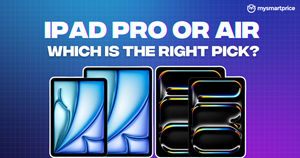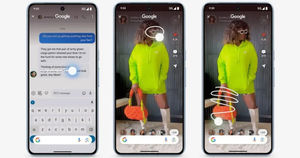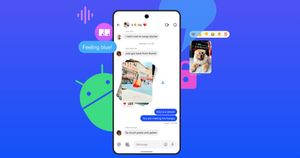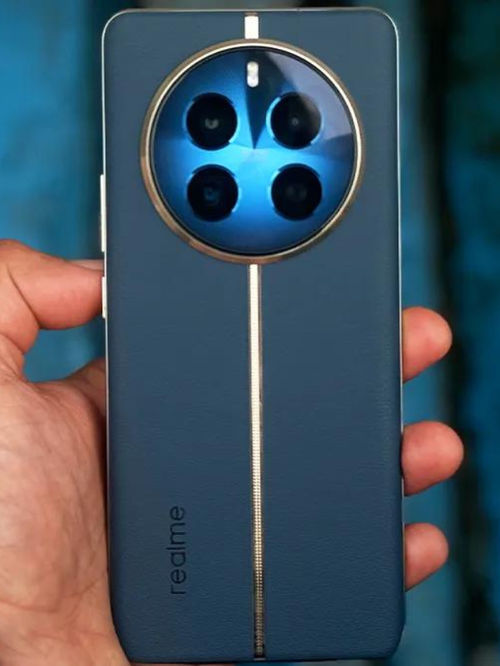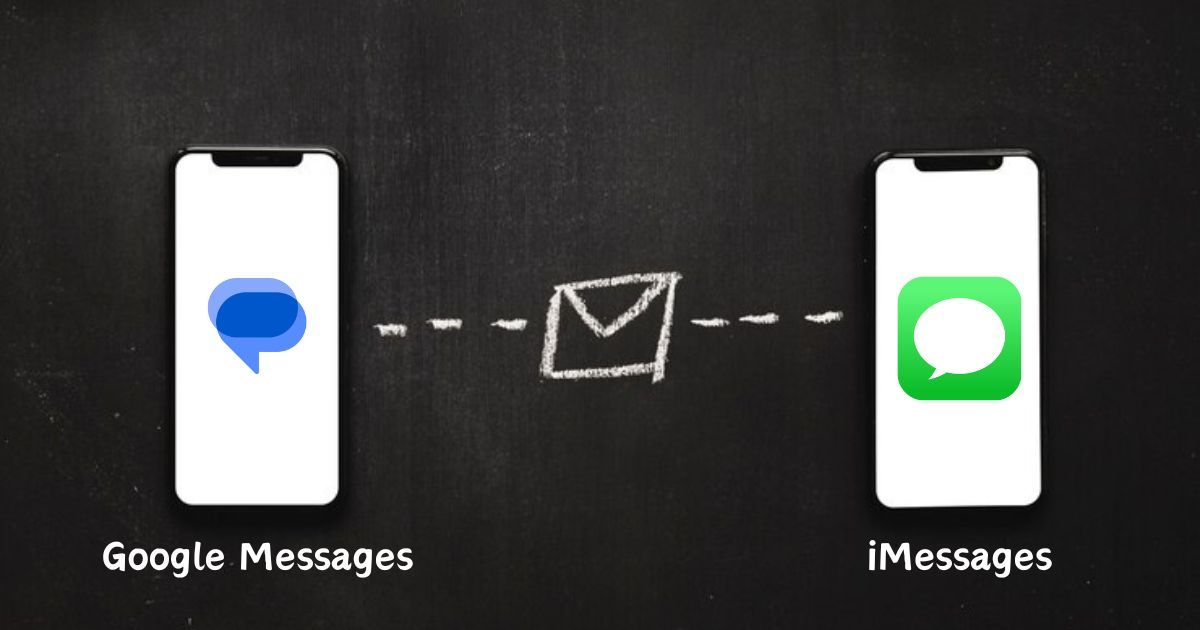
Apple has announced that in 2024, iPhones will finally embrace RCS messaging, aligning themselves with the newer standard predominantly used by Android phones. The revelation, reported by 9to5Mac, sent shockwaves through the tech community last night, sparking widespread discussions and making RCS support the hottest topic in the industry. For those who may not be immersed in the intricacies of mobile communication technologies, fear not—I’m here to break it down. In this piece, we’ll delve into the significance of RCS support, unravel the mystery behind Apple’s sudden adoption, and explore why everyone is buzzing about this development in the tech landscape.
What is RCS in Messaging?
Alright, let’s break down what RCS in messaging is all about. RCS, or Rich Communication Services, is the new-gen messaging standard replacing the SMS we’ve used for ages. Unlike traditional texts, RCS brings a bunch of cool features to the table, like read receipts, typing indicators, and the ability to send high-quality media files. It’s like giving your old SMS a much-needed tech makeover.
Why is Everyone Talking About it?
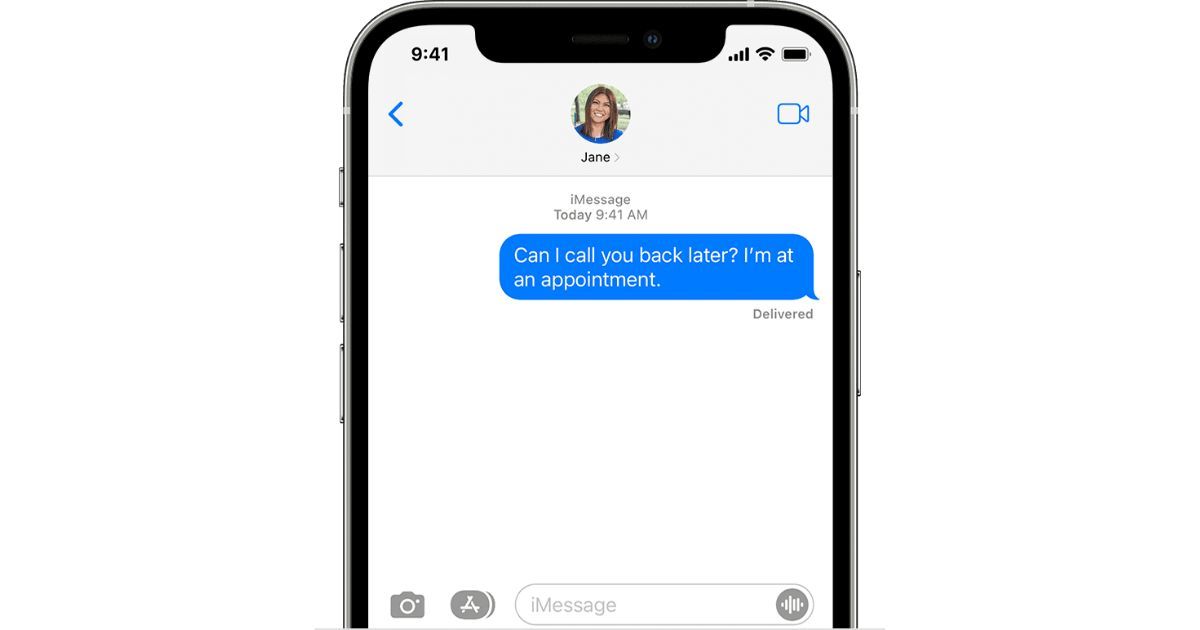
Now, the perks of RCS might seem familiar if you’ve used messaging apps like WhatsApp or Apple’s iMessage. So why is everyone making a big deal out of it? Here’s the twist – RCS isn’t a standalone messaging service; it’s a messaging protocol. The catch: at the moment, if you want to send or receive RCS-supported messages without diving into instant messaging apps, you’ve got to rely on the Google Messages app, exclusive to Android devices. Apple, up until now, has stayed away from the RCS support in its messaging app. The absence of RCS support on iPhones has been a significant concern for Android users for various reasons:
- Limited Features: Without RCS, when an iPhone user sends a text to an Android device, it uses the standard SMS protocol. This protocol lacks many of the features present in modern messaging apps, such as read receipts, typing indicators, and the capability to send high-resolution images and videos.
- Inconsistent Experience: Messaging between Android and iPhone users can be inconsistent and perplexing. For instance, iPhone reactions appear as text on Android devices, leading to potential misunderstandings and a less enjoyable messaging experience.
- Security Concerns: Traditional SMS lacks the security provided by RCS, which offers end-to-end encryption. Without RCS support on iPhones, messages exchanged between iPhones and Android devices are not as secure.
- Lack of Interoperability: While Android users globally can enjoy RCS compatibility with each other, the absence of RCS support on iPhones means that the advantages of RCS are not extended to texts exchanged between iPhones and Android devices. This lack of interoperability is a notable issue, particularly considering the significant number of iPhone users worldwide.
- Third-Party Solutions: Some third-party solutions have attempted to provide ways for Android users to access iMessage, but these often pose security risks and may not be worth considering.
Therefore, the integration of RCS support in Apple’s iMessage is regarded as a substantial stride towards enhancing cross-platform communication.
Why Did Apple decide to support RCS?
The shift probably arises in response to regulatory pressure from the European Union’s Digital Markets Act (DMA), a rule mandating major companies like Apple to ensure their services work seamlessly with other platforms. In September, the European Commission initiated an investigation into iMessage to assess whether it should be classified as a “core platform service.” Apple, however, contends that iMessage isn’t widely used enough in Europe to apply these rules. Furthermore, the company is also expected to appeal against the government’s regulation of its App Store.

